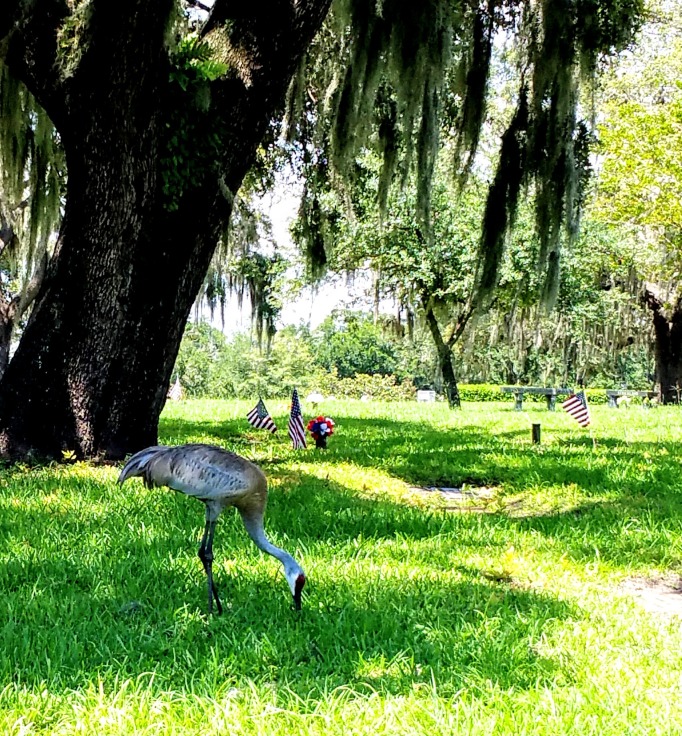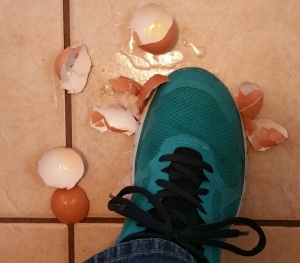How can you help and support 9/11 survivors 20 years after the 2001 terrorist attack? If you know people whose lives changed forever that day — people who lost friends and loved ones and health — let them know you’re aware of their private grief as the world commemorates their public loss 20 years later.
If you think 20 years later might be too late to say or do something, think again.
Remember how travel changed after 9/11? Public outcry, grief, and reactions rose all over the world. Policies and practices shifted post-9/11, causing radical changes that still seem inconvenient. That’s just just one aspect of how public life still feels the impact 20 years later.
Now, think about the personal, private impact. The families and friends of those who died on 9/11 (and because of 9/11) underwent far greater grief and upheaval in not just one area but all parts of their lives. For these survivors, the 20th anniversary of September 11, 2001, isn’t just about what happened when four hijacked planes inflicted devastation. It’s about what happened when the survivors lives were devastated.
So please, reach out. Acknowledge their loss. Then ask and listen to what they need. You can’t fix anyone’s grief, but you can let them know you care.

First, Reach Out, Even If It Seems Awkward.
What if you haven’t spoken to your bereaved friend, relative, former colleague, or neighbor in a while? What if you aren’t sure whether you should say anything about their 9/11-related loss or not? What if you’re afraid it will be awkward?
There’s one simple answer: Reach out anyway.
Supporting survivors isn’t about you and your discomfort. It’s about extending compassion to help others.
It takes almost no effort to send a text, private message, or an email that says, “Hey, I’m thinking about you.” While such a simple message won’t convey specific sentiments, it will show the person they are cared about. It also extends a bridge toward deeper communication.
If you have a closer, more comfortable relationship with the person, consider reaching out in a more direct way with a phone call, an invitation to meet for lunch, or a plate of cookies dropped off with a hand-written note.*
Of course, whether yours is a closer friendship or a more distant acquaintance, you could even send an old-fashioned letter in the mail at any time now or in the future (because grief doesn’t disappear when an anniversary passes). It will cost you very little — postage, paper, and a few minutes — but it will show the recipient tangible proof that someone remembers.
Second, Acknowledge Their Loss.
Well-meaning people sometimes hesitate to speak of their friends’ dead loved ones, afraid that to acknowledge their loss will somehow remind survivors to feel sad again. But 9/11 survivors and others who grieve haven’t forgotten those who died. (Unless your friends have severe memory impairment caused by age, illness, or injury, you won’t remind them because they haven’t forgotten.)
If you remember the names of the ones who died, use their names. After you’ve reached out, consider acknowledging their specific loss. Try something like this:
- “I remember that your son [say his name here] died on 9/11. I’m so sorry.”
- “I’ve been thinking about your best friend [say her name here] as the anniversary of 9/11 approaches. I know you miss her.”
If you don’t remember the names, that’s okay. You can still say “your husband,” “your cousin,” “a friend,” “your co-workers,” etc.
You can even be vague if you need to: “I remember that 9/11 impacted you personally. I’m sorry.”
If your friend survived the traumas of 9/11 with altered health, don’t hesitate to reach out, but do be sensitive. Let your relationship guide how much you say:
- For co-workers, casual friends, and acquaintances, keep your acknowledgments general. “Hey, I know this is a tough time of year. You’re in my thoughts and prayers.”
- For closest family members and family-by-choice friends, it might be appropriate to speak more specifically. “I’m sorry your lungs still ache from what happened on September 11.”
- If in doubt, say less, but do say something. “This is a hard anniversary. I’m here if you want to talk.”
Third, Ask and Listen.
I could have listed Ask and Listen as separate ways to support 9/11 survivors, but they belong together. Be considerate and thoughtful about what you will ask and how you will listen.
Be Specific Without Being Nosy.
Most people who are grieving don’t like hearing the general question “How are you?” Complex emotions make it an impossible question to answer. (Learn more at “Better Questions than ‘How are you?’ — Part 1 — Why.” ) Show you care by asking specific yet not too personal questions. These ideas might help you brainstorm your own:
- “Would you like to share some of your memories about [name the person] from before 9/11?“
- “Would you like to hear a few of my memories of [name their person]?“
- “Since this is a tender time for you, would you prefer extra space and privacy, or would you prefer company? I’m available to act as a buffer or hang out. Whatever you need.“
- “Do you have a preferred organization or cause I can donate to in honor of [the name of their person]?” (See Bonus Ways below.)
Listening Might Be the Hardest Part.
You’ve reached out. You’ve acknowledged their loss. You’ve asked a meaningful (but not nosy) question. Now stop talking.
Listen.
Don’t try to “fix” their grief.
Don’t judge that they should be “over it by now.”
Don’t point out ways they’ve been strong or how well they’ve “moved on” (unless they ask you to).
Listen to what they say about their loss and about how it impacts them today.
Respect What Your Grieving Friend Says, Especially When It’s Hard to Hear.
Listen to body language (in person or via video chat) as well as words and tone.
- They might not want to talk about it now (and might even snap at you if emotions are running high). That’s okay. They’ll know you made an effort, and if they feel a need to talk to someone later, they’ll know you were willing.
- Or, they might need to talk and talk and talk and even cry to someone who will LISTEN. So, be sure you’ve set aside time to let your friend talk without rushing, shushing, or pushing him or her toward any conclusion. Let them decide how long is enough.
- Listening means hearing out, nodding, mm-hmming, being there. Listening does not mean “fixing” anything, confronting or challenging assertions, or rebutting what’s expressed.
Grief, even 20 years after, tends to erode filters, so you might hear things you wouldn’t have expected from your bereaved friend. That’s okay too.
Bonus Ways to Support 9/11 Survivors
If the three ways listed above seem too uncomfortable or if you don’t know anyone personally impacted by the events of September 11, 2001, you can still do something meaningful on Patriot Day — or any day.
Donate to Reputable Charities.
Many nonprofit organizations benefit 9/11 survivors and could use contributions. But do due diligence. Research carefully to make sure they will use your funding in ways you approve. (The Better Business Bureau’s Give.org is one place you can check.)
Volunteer for a Good Cause.
Choose a service organization that helps others, and spend an hour (or more) in lending a hand. If you already have a favorite organization, great! If not, sites like JustServe.org can help you match your time and abilities with volunteer opportunities and community needs in your area.
———
*With cases of COVID-19 ongoing, please maintain best practices of doing no harm. Follow the guidelines of your local health officials if you offer in-person support to grieving friends or acquaintances.



